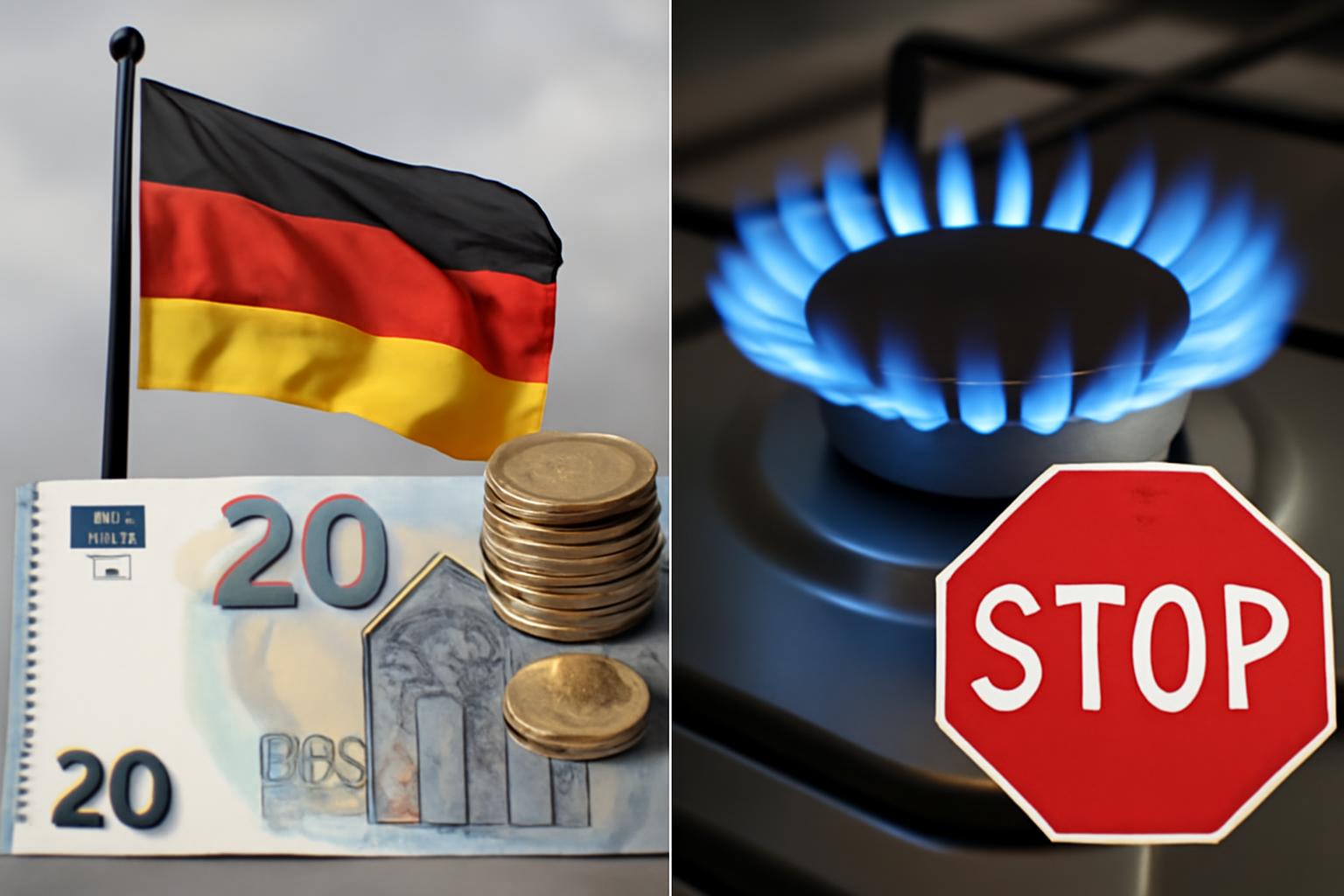The German government has announced that, starting next year, it will take over financing the gas storage levy—a component of natural gas prices—by using funds from the national budget, specifically the Climate and Transformation Fund. As a result, both businesses and private households are expected to see a decrease in their gas bills, with households saving around 60 euros per year on average. This relief is part of a larger initiative to ease energy costs, totaling 3.4 billion euros, but will only last until the end of 2025. However, this move has sparked criticism, especially from those who argue that using public funds to lower fossil fuel costs essentially subsidizes their continued use. While the government is supporting further relief for industries, it has retreated from earlier promises to lower the electricity tax for all consumers, focusing instead on targeted, industrial relief due to budget pressures. This has left ordinary customers facing continued high or rising energy costs.
How telling this episode is! Once again, the state intervenes in the price system, supplanting the essential function of the market to communicate information and coordinate economic decisions. Let me be clear: using public funds drawn from taxpayers, ostensibly collected for the purposes of a “Climate and Transformation Fund,” to artificially lower the cost of natural gas is not only a contradiction—it is the very embodiment of the kind of muddled thinking that distorts both markets and intentions.
By removing a price signal, you do not remove the underlying scarcity or the real social costs of gas consumption; you simply mask them, distorting rational calculation. Consumers and businesses ought to feel the true cost of their decisions, including where and when energy is expensive. This is how markets, through the mechanism of freely fluctuating prices, direct effort, encourage innovation, and maintain balance. If the government wishes to cushion vulnerable populations, let it do so transparently by targeted transfer payments, not through the clumsy, collectivist route of blanket price suppression.
Moreover, the transfer of this cost into the central government’s hands is no panacea. What is concealed today, in the name of relief, will become tomorrow’s fiscal liability, to be paid for through higher taxes, public debt, or inflation. The logic of political expediency replaces the hard budget constraint of the market with the soft budget practices of politics. And let us not forget: the majority of the benefits accrue not to the most vulnerable, but to the entire population—including those who need no help. This is the classic hallmark of bad policy.
Perhaps most tragically, the policy sets a perverse precedent. By subsidizing gas, even for a limited period, Germany signals not clarity of purpose but confusion—claiming to act for the climate while dulling the incentives for energy transition. Such policies erode the trust that the rules of the market are stable and impartial. The result is more lobbying, more intervention, and a steady slide into what I have long warned against: the road to serfdom, paved with good intentions and government meddling.
In the end, prices are the beacon by which we steer; extinguish them, or falsify their signals, and you blind society to its true circumstances. However laudable the desire to help industry or households, only liberty in prices, competition, and the responsibility of individuals can secure lasting prosperity and progress. The more you tamper with market prices in pursuit of social aims, the further you drift into the dangerous waters of economic planning, sowing confusion and, ultimately, decline.
